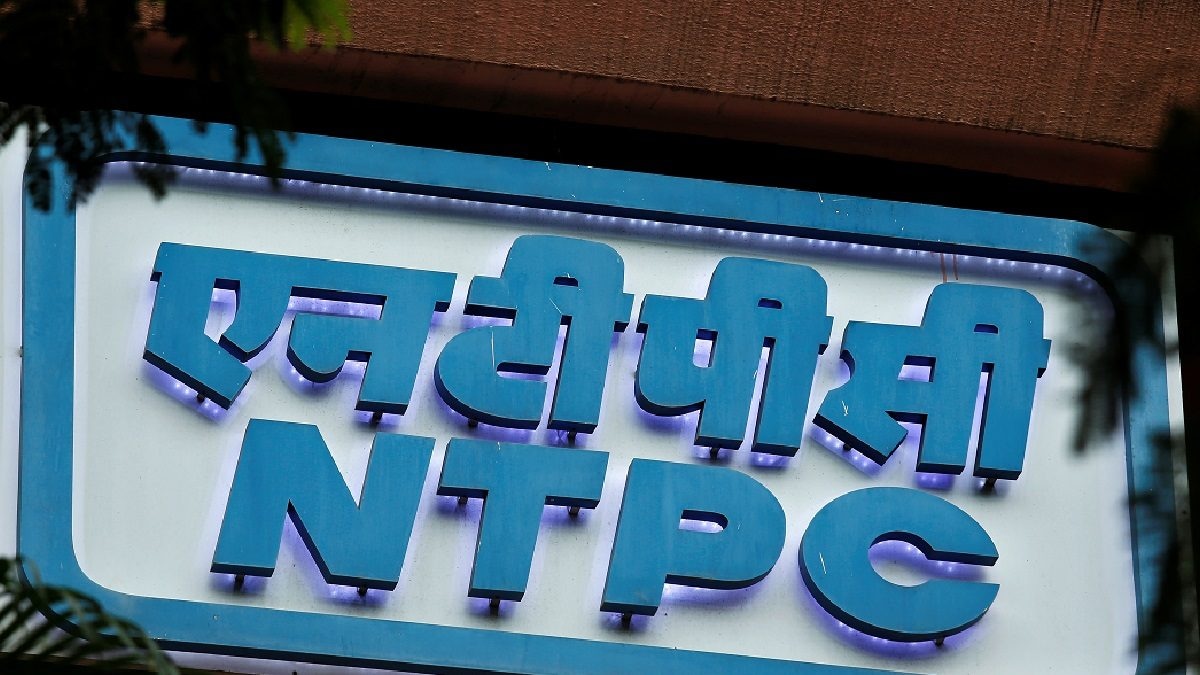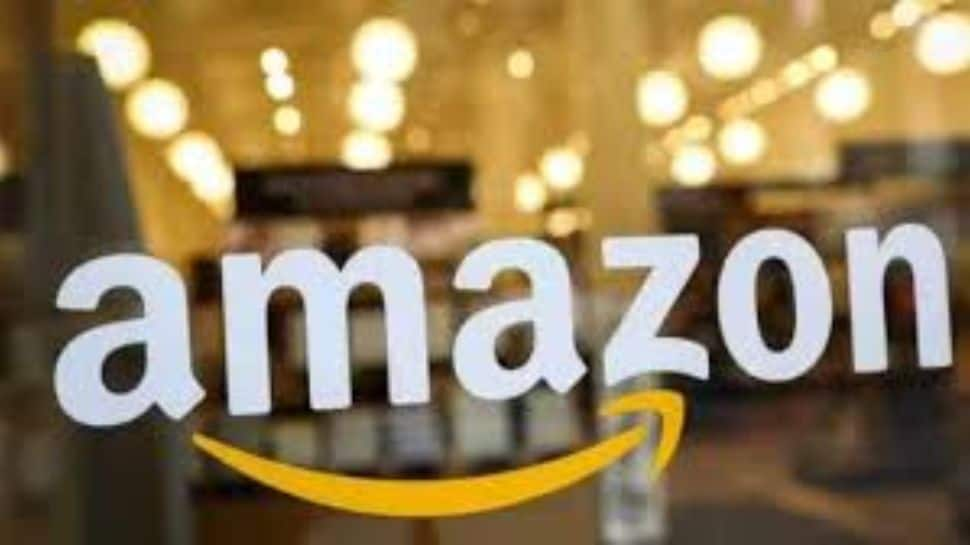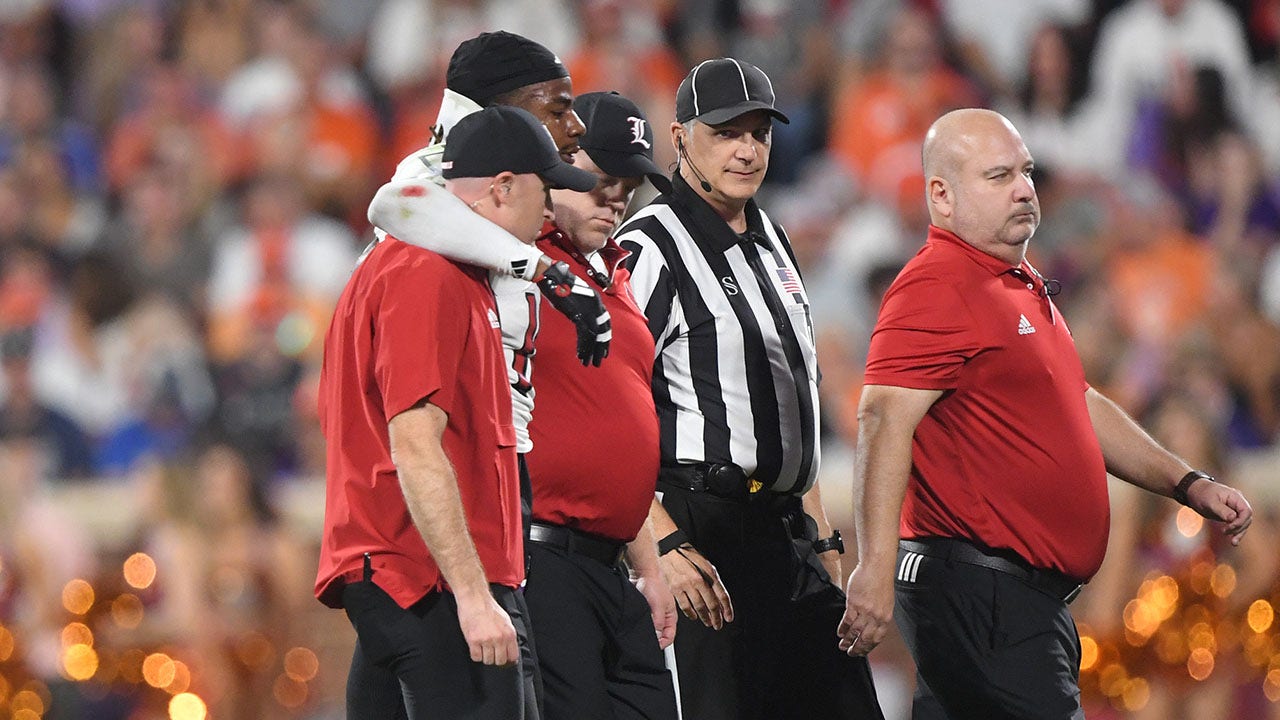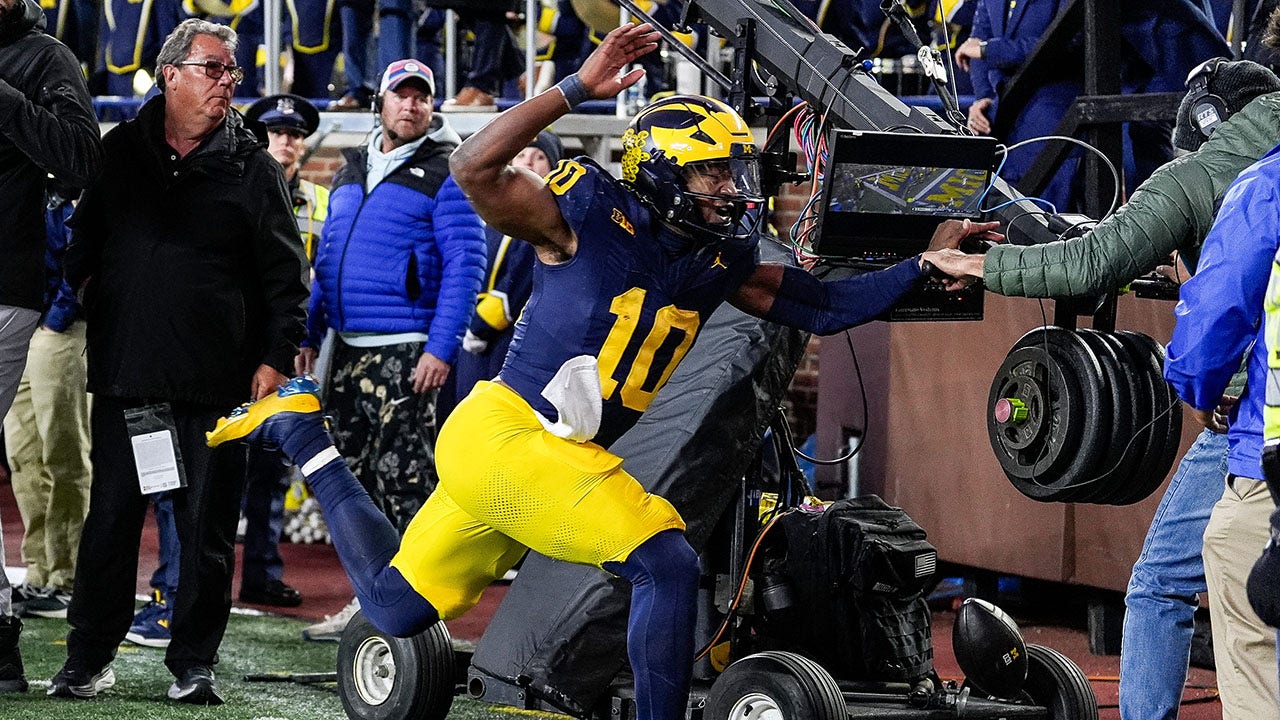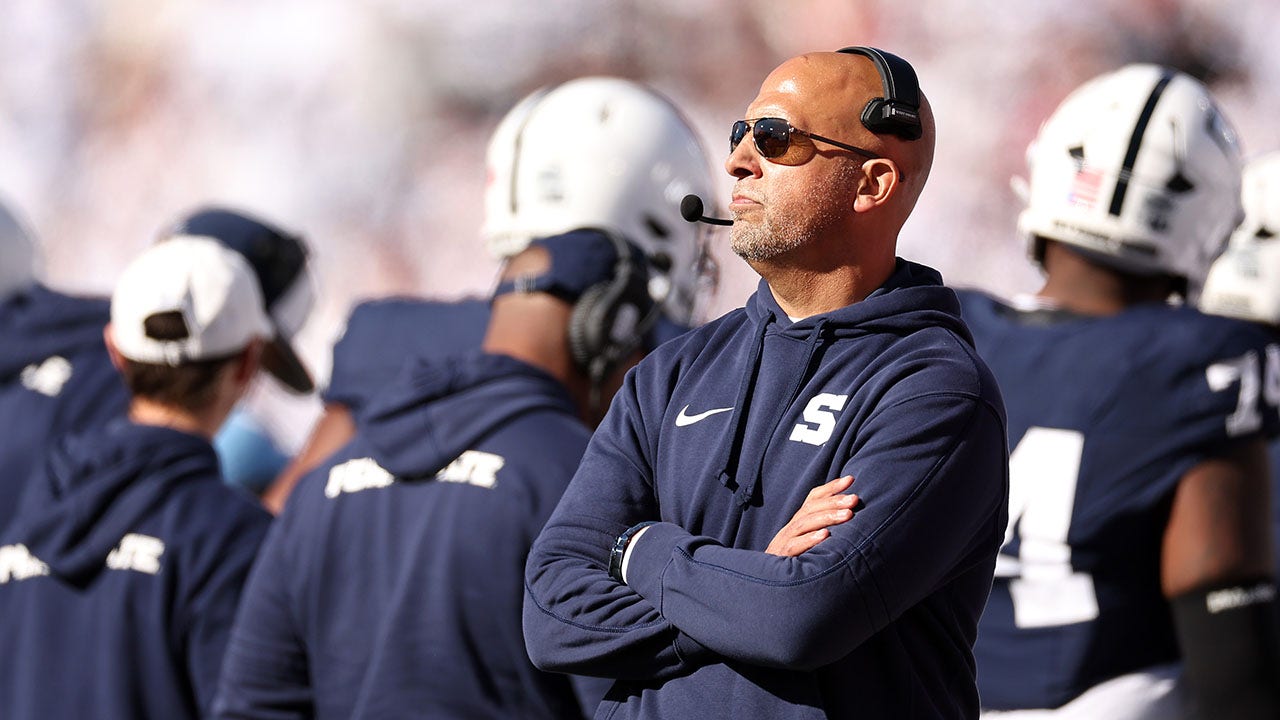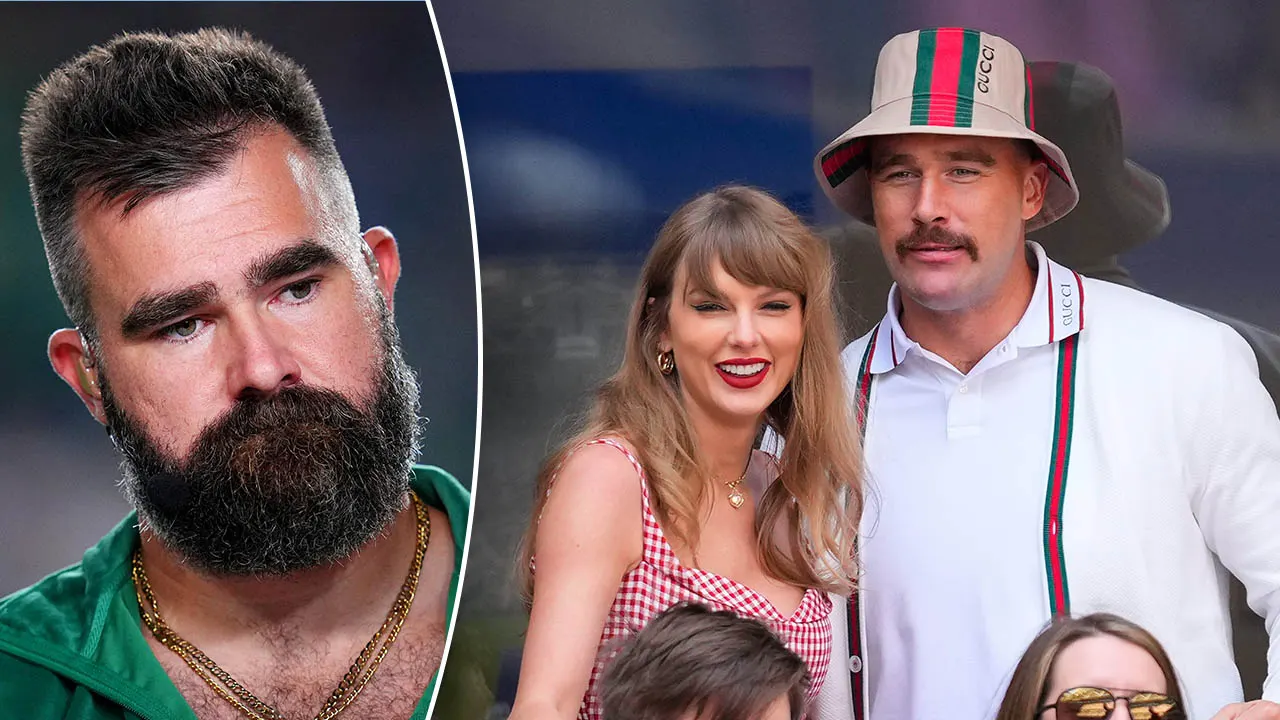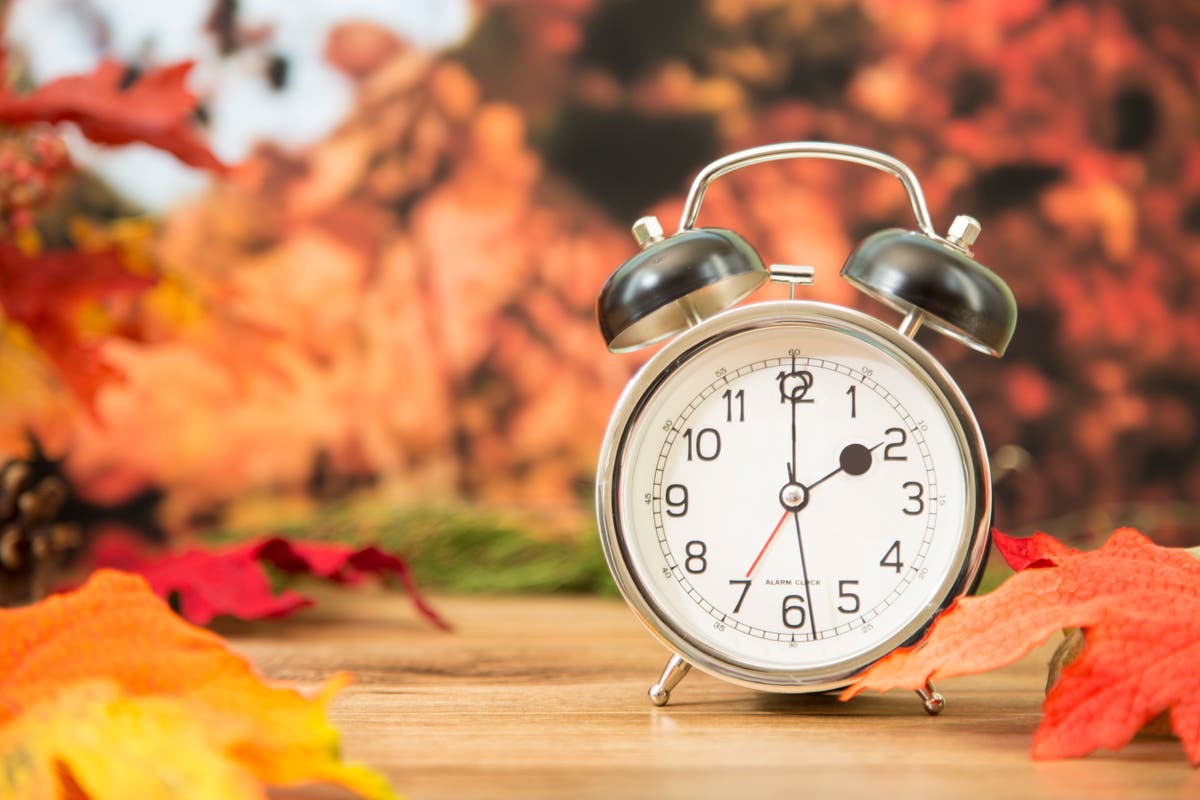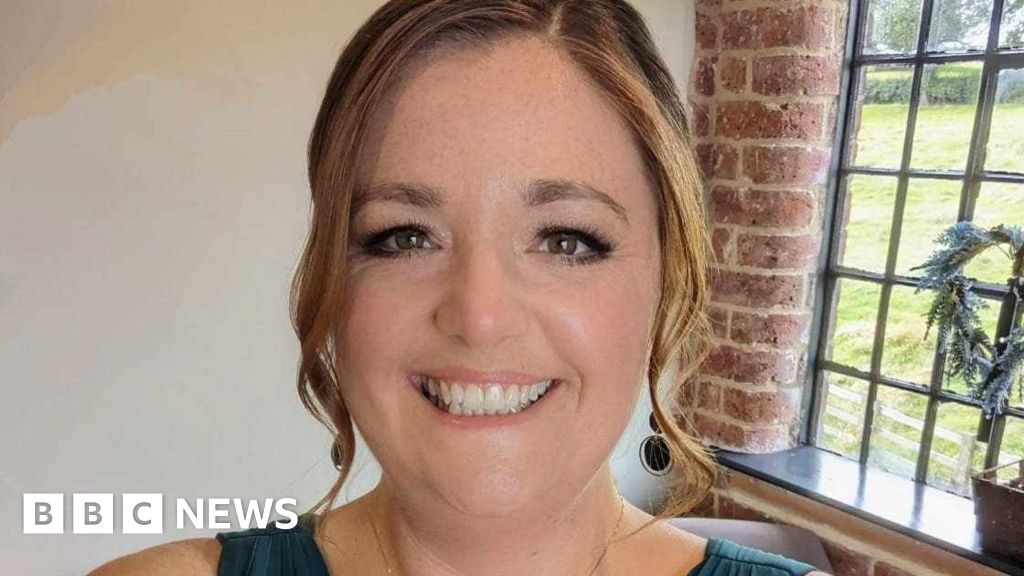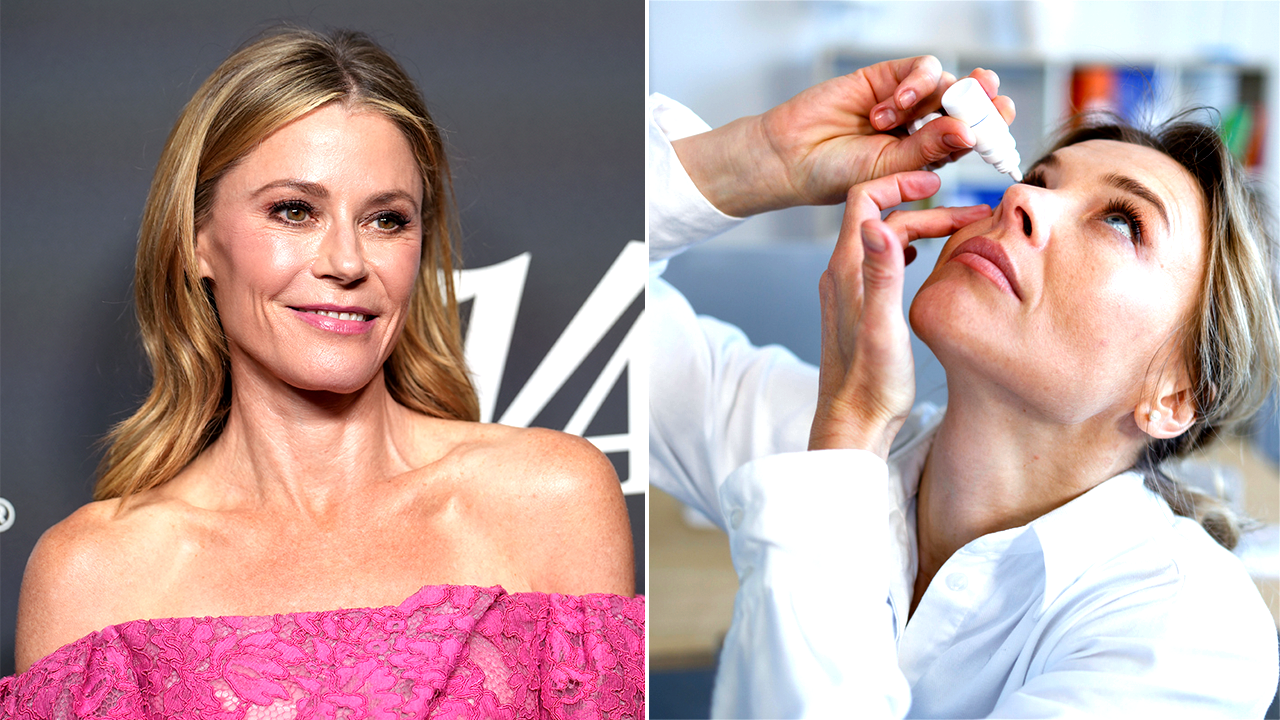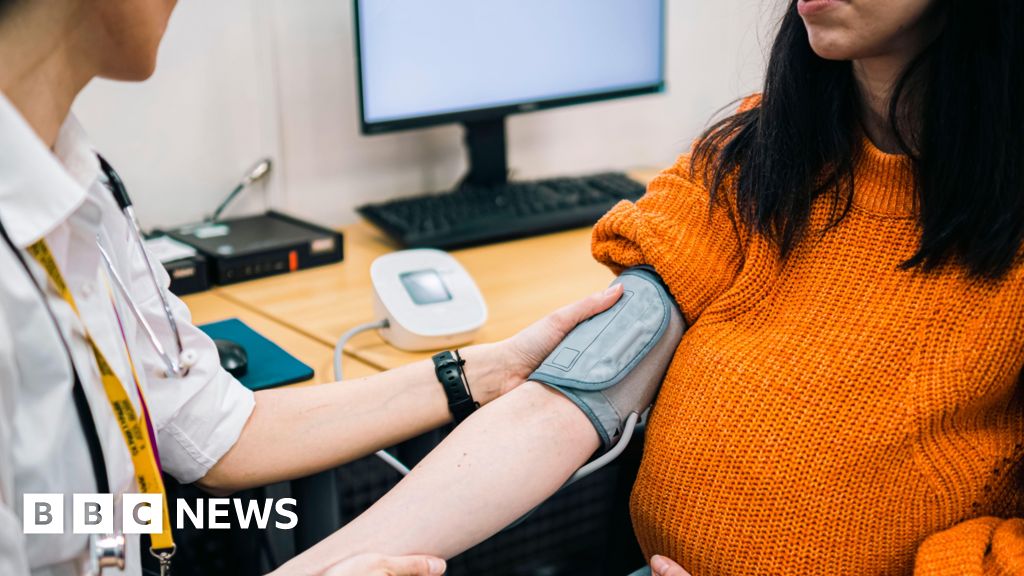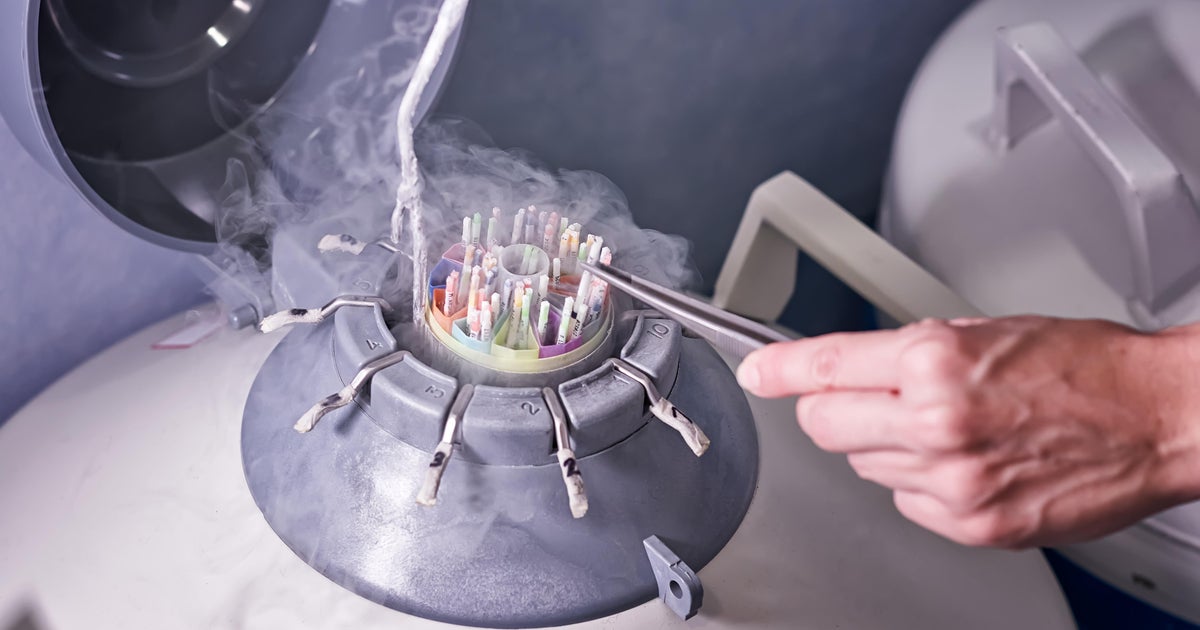Prebiotic soda maker Olipop is set to cross $200 million in annual sales this year, just five years after it arrived on grocery store shelves.
Founder and CEO Ben Goodwin said beverage giants PepsiCo and Coca-Cola have already come knocking. But he’s not interested in cashing out just yet.
“Right now, my focus is on blowing business through the roof,” Goodwin told CNBC.
Coke and Pepsi didn’t respond to requests for comment from CNBC.
Olipop is on target to more than double its sales this year. The startup presents itself as a healthier alternative to traditional soda but with the same familiar taste.
Olipop had raised $55.4 million as of Jan. 2, at a reported valuation of $199.8 million, according to Pitchbook data. Investors include Gwyneth Paltrow, former PepsiCo CEO Indra Nooyi and RXBAR founder Peter Rahal.
Goodwin estimates that roughly 10% of Olipop drinkers have replaced traditional soda entirely, but the rest swap it into their routines occasionally.
“We really are replacing that soda experience and soda occasion,” Goodwin said.
For roughly two decades, U.S. soda consumption has been falling. Americans have ditched the drinks for bottled water, flavored seltzer and other options that they view as healthier due to concerns about soda’s sugar — or sugar replacements, such as aspartame. Still, Coke and Pepsi aren’t in danger of discontinuing their namesake sodas.
“Consumers are drinking less soft drinks, but they’re still drinking a lot of soft drinks,” said Michele Scott, associate director of food and drink for Mintel’s U.S. research.
Consumers are also increasingly interested in “gut health,” one of the latest wellness trends. Matthew Barry, Euromonitor International’s insights manager for food and beverages, said the two trends — soda’s decline and gut health’s rise — have helped benefit Olipop and other similar brands, such as Poppi.
Functional soda accounts for 14% of the digestive health category, according to SPINS data.
Olipop’s formula includes nine grams of fiber and prebiotics, which are substances that help beneficial bacteria grow in the gut. Their health benefits haven’t been conclusively proven.
Rival Poppi, which was founded in 2015 and has also seen its sales accelerate over the last year, infuses its soda with apple cider vinegar, which contains prebiotics. Both Olipop and Poppi have leaned into influencer marketing on TikTok, where gut health became a trending topic last year.
In February, Olipop’s root beer overtook Keurig Dr Pepper’s A&W as the best-selling root beer at an unspecified top U.S. retailer, according to Goodwin. He takes it as another sign of Olipop’s potential, since root beer was one of the first flavors it started selling.
“My hope is that as other [flavors] in the system mature as well and get higher distribution and customer familiarity, we may be able to repeat this type of story with a range of different flavors,” he said.
Goodwin said he formulated the root beer himself and remains the company’s top formulator, leaning on his “super tasting” ability, thanks to taste buds that are more sensitive than the average person’s.
He dropped out of college at age 20 to help his friends start a kombucha company.
From there, he founded Obi probiotic soda with Olipop co-founder and Diageo alumnus David Lester. They sold Obi in 2016. They started working on Olipop’s formula the following year.
Despite its success, Olipop is still in the early stages of growth, with a retail footprint of just 20,000 locations and only 12 flavors. After launching first in natural food grocers in the Bay Area, it’s expanded to mainstream chains such as Target and Kroger. Its expansion in the Midwest helped fuel its soaring sales last year, Goodwin said.
Olipop’s skyrocketing sales have coincided with soaring prices across the grocery store. The price index for food at home increased 8.4% in March compared with a year earlier, according to Labor Department data.
Coke and Pepsi have raised their prices by double-digit percentages over the last year, saying the price hikes are necessary to mitigate inflation. The duopoly has seen mixed reactions. In the first quarter, Pepsi’s North American beverage business saw its volume fall 2%, while Coke’s North American drinks unit reported flat volume.
But even with Coke’s and Pepsi’s higher prices, Olipop is still the more expensive choice. A 12-ounce can of Olipop costs $2.49 at a Target store in New York City — the same price as a 20-ounce bottle of Pepsi.
“The challenge for Olipop and beverages like it is the premium price point right now during a time of inflation,” Euromonitor’s Barry said. “There is certainly a group of consumers who can afford to buy high-priced sodas regularly but that’s a limited subset of the population.”
But Olipop’s Goodwin is confident that consumers are willing to pay more for the drinks he formulates. He said that soda trails only coffee in its price inelasticity, meaning that consumers are willing to pay more.






